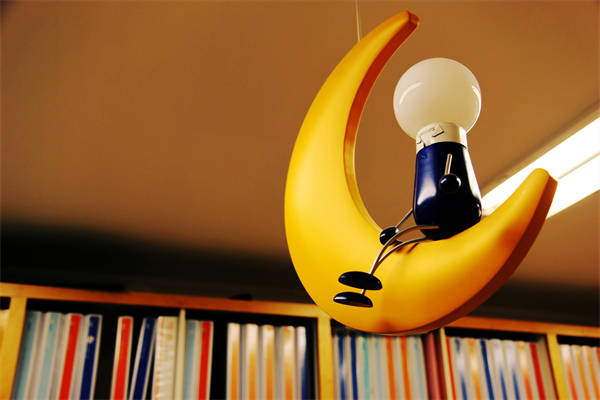What is the process of solar energy conversion?

介绍
在了解太阳能转换的过程之前,首先要明确太阳能是一种可再生能源,它通过太阳光照射到地球表面,被光伏板吸收并转换为电能。以下是太阳能转换的主要步骤和原理。
常见问题解答
What is the basic principle of solar energy conversion?
Solar energy conversion is based on the photovoltaic effect, where sunlight is absorbed by photovoltaic cells and converted into electrical energy. When sunlight hits the photovoltaic cells, the photons (light particles) knock electrons loose from their atoms, creating an electric current.
How does a solar panel work?
A solar panel is composed of multiple photovoltaic cells. When sunlight strikes these cells, the electrons in the semiconductor material are excited and move through the material, generating an electric current. This current is then directed through wires to an inverter, which converts the direct current (DC) into alternating current (AC), which can be used to power homes and businesses.
What are the different types of solar panels?
There are several types of solar panels, including monocrystalline, polycrystalline, and thin-film panels. Monocrystalline panels are made from a single crystal of silicon and are the most efficient, while polycrystalline panels are made from multiple crystals and are less efficient but more cost-effective. Thin-film panels are made from layers of semiconductor materials and are lightweight and flexible but less efficient than the other two types.
How does the efficiency of solar panels affect their performance?
The efficiency of a solar panel refers to how much of the sunlight it can convert into electricity. Higher efficiency panels can convert more sunlight into electricity, but they are also more expensive. The choice of solar panel efficiency depends on factors such as the amount of sunlight available, the cost of the panels, and the space available for installation.
What are the advantages and disadvantages of solar energy?
The advantages of solar energy include its renewable nature, low operating costs, and the reduction of greenhouse gas emissions. However, there are also disadvantages, such as the high initial cost of installation, the need for a large amount of space for installation, and the dependence on weather conditions.
How long do solar panels last?
Solar panels typically have a lifespan of 25 to 30 years. However, the actual lifespan can vary depending on the quality of the panels, the environmental conditions, and the maintenance they receive. Regular cleaning and inspection can help extend the lifespan of solar panels.


.png)
.png)
